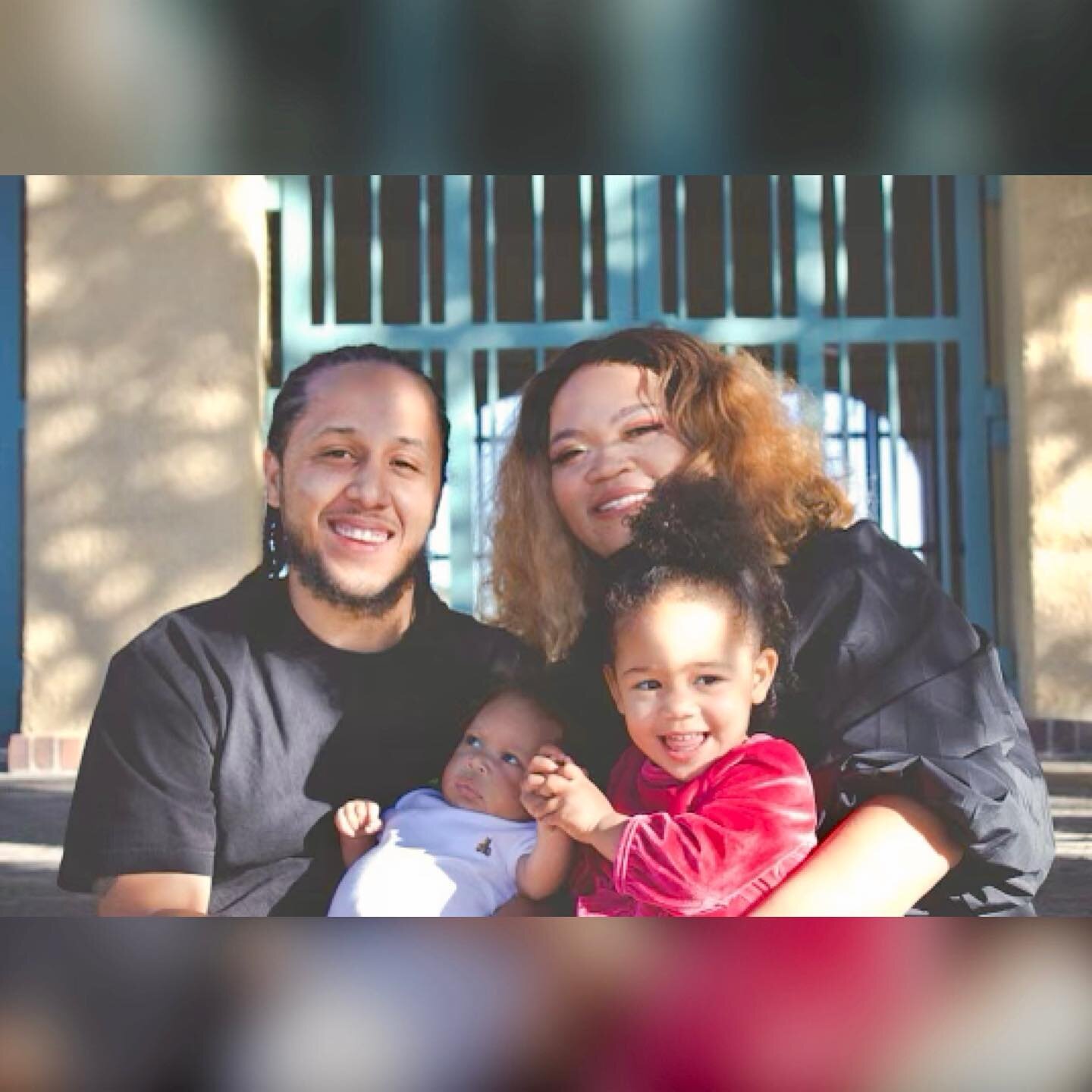He was jailed for possession of marijuana. Now he'll deliver it straight to your door.

DENVER — November of 2022 is the 10 year anniversary of recreational cannabis legalization in Colorado, and 36-year-old Michael Diaz-Rivera told Rocky Mountain PBS he now wants a piece of the pie. A big one.
“I am in the cannabis industry because I want to bring generational wealth to my family," Diaz-Rivera said. "I come from poverty.”
Diaz-Rivera owns and runs a cannabis delivery business called Better Days Delivery. “We deliver [cannabis products] from the dispensary to the customer’s home, as well as transport from business to business,” he explained, while standing in front of Native Roots, one of the Denver area dispensaries he works with.
Diaz-Rivera explained that — as a Black man in America — where he came from directly impacts where he wants to go.
“To think that I was arrested for cannabis possession, something that a lot of people, including here in Colorado have made so much money off of legally," Diaz-Rivera said, "it’s a trauma that I’m still trying to heal.”
In 2006, six years before the legalization of recreational cannabis in Colorado, Diaz-Rivera was 19 years old, unhoused and selling marijuana to feed himself and survive. He was arrested for possession and spent several months in jail before joining a work release program and going to college.
Diaz-Rivera was a teacher for several years and in 2020 he started his cannabis delivery company.
“Here in Colorado, we still have people in prison for cannabis related crimes and now I’ve got a legit business with cannabis," Diaz-Rivera said. "So, there’s even a little bit of survivors guilt I deal with, but I’m still just working to heal while developing my business.”
According to statistics from the American Civil Liberties Union, Black people are almost four times more likely to be arrested for marijuana possession than whites, even though both groups use the plant in various forms at the same rate. Since states across the country started legalizing recreational cannabis over the last decade, 90% of the executives from major cannabis companies are white. The industry is expected to make $100 billion by 2028.
[Watch: The Cannabis Question: A Search for Social Justice]
In Colorado, the most recent data show 83% of marijuana business owner licensees are white. In a state where about 22% of the population identifies as Hispanic or Latino and nearly 5% identify as Black, only about 11% of marijuana businesses are owned by Black or Latino residents. The disparity is similar in Denver.

Diaz-Rivera is trying to make changes across the industry, allowing people like him better access. “We know that Black and brown populations were mostly criminalized for their use of this plant,” he said, explaining that he simply wants to help mend and restore his community. “There’s so much that can really heal our communities in terms of health equity, and that’s what I want to do is bring much needed healing to our community, whether it’s financially or it’s chemically. By working with this cannabis plant, we can bring healing to our people.”
In the end of 2021, Governor Jared Polis issued more than 1,300 pardons to people in Colorado convicted of have two ounces or less of marijuana. In the beginning of October, in an effort to help remove barriers to finding employment and housing, President Biden pardoned thousands of people with prior federal possession of marijuana offenses.
Diaz-Rivera is the father of two young children. He says his passion comes from wanting to give his family a better life than he had, with many more opportunities.
“It’s what gives me hope, and that’s my message to others who want to try this entrepreneur journey, because really with our voices in the soup, it’s better," he said. "Better flavors make the soup better, that’s how it’s always been.”
Dana Knowles is a multimedia journalist at Rocky Mountain PBS. You can reach her at danaknowles@rmpbs.org.
Julio Sandoval is a multimedia journalist at Rocky Mountain PBS. You can reach him at juliosandoval@rmpbs.org.